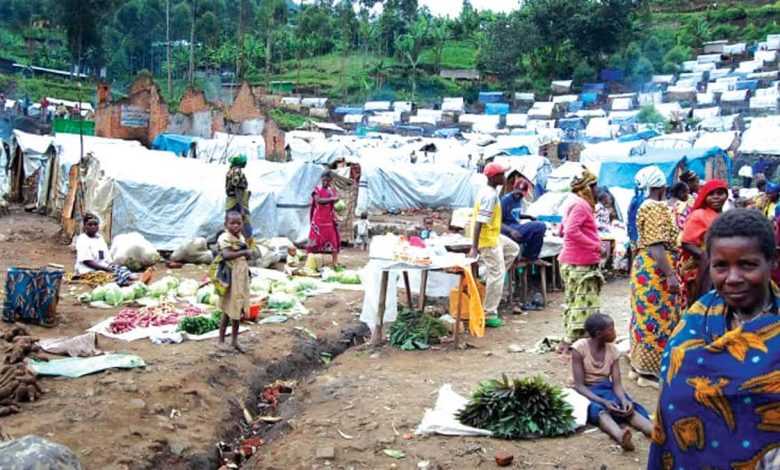NEMA raises alarm over drug abuse, prostitution in Borno IDP camp

The National Emergency Management Agency (NEMA) has expressed serious concern over the rise in drug abuse, prostitution, and other social vices at the Muna Internally Displaced Persons (IDP) camp in Borno State.
The camp, which houses over 48,000 displaced persons, is located on the outskirts of Maiduguri and shelters thousands of households displaced from Mafa and Dikwa Local Government Areas due to years of insurgency.
During a town hall meeting held on Wednesday, April 16, the North-East Zonal Coordinator of NEMA, Abdullahi Sirajo, urged parents and community leaders to take action and work together with government authorities to curb the rising social problems, particularly among young people.
“Our engagement was very fruitful. We discussed how to reduce drug abuse among youths, prostitution, security threats, and other related issues,” Sirajo said.
“Several strategic measures were adopted to address these social problems, and we assured the residents of NEMA’s continued support to ensure their comfort and dignity as they prepare to return to their ancestral homes.”
Sirajo, who was represented by Manir Gidado, Head of Operations in the Northeast, also explained that the town hall meeting was the conclusion of a five-day pilot sensitisation programme focused on disaster preparedness and social resilience, in line with international emergency management standards.
Despite these efforts, residents are increasingly worried about the deteriorating situation in the camp — especially the growing vulnerability of children and persons with disabilities.
Nana Aisha, a community leader from Mafa, described the situation as “frightening”:
“Our children are exposed to all sorts of negative influences, and we’re not doing enough to stop it.
Some parents even depend on these children for survival, without caring how they earn money.
We are not enrolling them in school—neither formal nor informal. So how can they know the difference between right and wrong?”
Abiso Kadi, chairman of persons living with disabilities in the camp, also raised concern about worsening food shortages, saying many vulnerable residents struggle daily to meet their basic needs.
The situation highlights an urgent need for increased humanitarian support, stronger community engagement, and long-term solutions to safeguard the future of displaced families.





